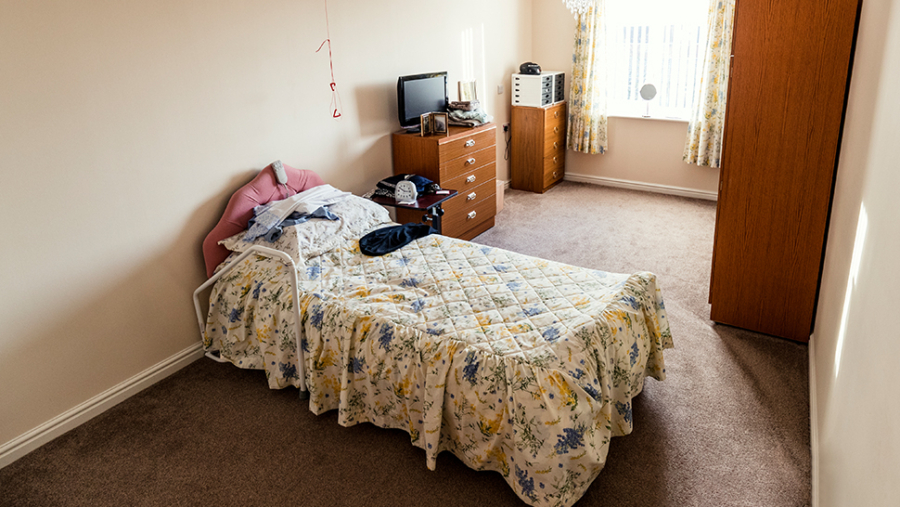

The care sector has been in sharp focus since March 2020. It was lauded during the first national lockdown when the nation came together to Clap for Heroes/Clap for our Carers. But it was dealt a blow when the public inquiry into how the government has handled the coronavirus pandemic was delayed to spring 2022.
Throughout all of this, there is a renewed focus on clamping down on health and safety failures in the sector. In October 2021, Aster Healthcare Ltd was convicted of corporate manslaughter.
On 5 February 2015, Frances Norris, aged 93, who had advanced dementia and was losing the ability to communicate, was bathed by two carers at Birdsgrove care home in Berkshire. The carers failed to properly check the water temperature and continued to add hot water. Mrs Norris sustained burns across 12 per cent of her body and died in hospital three days later.
The criminal investigation revealed systemic failings at the care home.
Aster Healthcare Ltd pleaded guilty to corporate manslaughter and was fined £1.04m, ordered to pay prosecution costs of £184,513.31 and required to publish the following statement in the Health Service Journal.
“The evidence showed that:
- The company did not undertake all of the remedial work required in two risk assessments it commissioned in February and June 2013 in response to enforcement action taken against it.
- Where some remedial work was undertaken, it was done so in an inadequate manner.
- The decision to install thermostatic mixing valves (TMVs) to regulate the supply of hot water emitted by baths and showers was not applied consistently, they were not serviced or maintained, no policy was in place and staff were not trained in respect of TMVs.
- The company did not follow the readily available guidance in respect of managing the risks from hot water.
- It did not ensure that proper systems were maintained in respect of bathing residents, there was no bathing policy, inadequate record keeping, inadequate staff training and no risk assessment.
- On a number of occasions false information was provided in respect of the hot water system.”
This case appears to be an interesting development in the limited case law on corporate manslaughter as Aster Healthcare Ltd is the parent company of a group of companies operating care homes across England. (According to the Care Quality Commission website, Birdsgrove Care Home was operated by its subsidiary, Southern Counties Care Ltd.) Previous corporate manslaughter convictions have involved relatively small companies where the evidence of gross negligence and systemic failings have been easily proven.
Two staff members at the Birdsgrove care home also pleaded guilty to health and safety offences. The care home manager Elizabeth West was sentenced to nine months in prison, suspended for 18 months. Carer Noel Maida was sentenced to 16 weeks in prison, suspended for 18 months.
The message is clear: operators of care homes must ensure that they have taken measures to ensure risk is as low as reasonably practicable, otherwise hefty fines and a criminal record could be the high price to pay. Furthermore, the same care operators may wish to consider their position ahead of the public inquiry.










